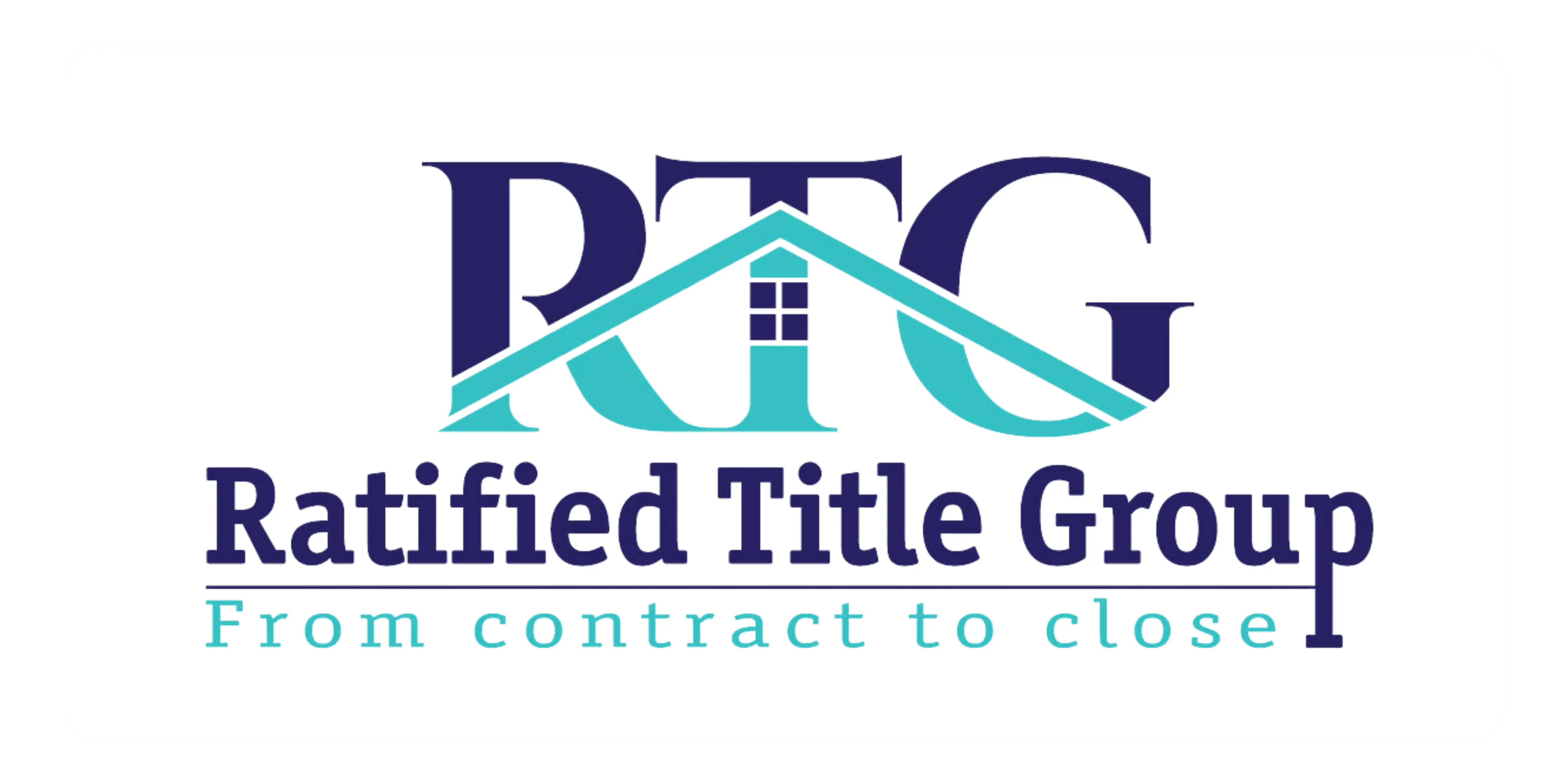Buying a home is a very exciting moment in one’s life, but unless you are the first owner of your home, you are exposed to certain risks when trying to purchase a property. Ideally, the seller has a “clear title” on the property, meaning there are no other claims of ownership against the property. It’s recommended that you purchase title insurance in case title defects arise in the future.
What is Title Insurance?

Even if the title is clear, you should still purchase title insurance. Sometimes, title defects are discovered after the fact, and it could end up costing you lots of money in legal fees — and in a worst-case scenario, loss of your property and all of the money you put into it.
Two Types of Title Insurance
There are two types of title insurance:
- Lender’s Title Insurance – Lender’s insurance is required and protects only the lender if an issue comes up with the title.
- Owner’s Title Insurance – Owner’s insurance protects your equity in the home and is generally paid for by the seller.
Facts About Title Insurance
- Title insurance is different from homeowner’s insurance. – Homeowner’s insurance protects you from future losses. Title insurance protects from defects in the title, such as liens and encumbrances. Defects in the title could arise from money owed to a contractor, unpaid taxes, or mistakes in the title search. Sometimes, there are unknowns, such as an heir claiming rights to the property.
- Title insurance is a one-time cost. – You only pay for title insurance at closing, then you are covered as long as you or your heirs own the property. The cost of title insurance can range from a couple of hundred to a couple of thousand dollars, but the average cost per policy is $1,000. Price depends on the state you live in and the price of your home.
- Owner’s insurance is not required. – Although owner’s insurance is highly recommended, it’s not required. Usually, the buyer pays for the lender’s policy, and the seller pays for the owner’s policy. However, who pays for what is negotiable.
- Title and escrow are not the same. – Although some title companies handle the escrow on a home, the title and the escrow are not the same. Escrow companies are neutral third parties holding funds, recording the deed, and managing the real estate transaction.
- You may need more than a basic policy. – A standard policy will not cover all title defects. You can purchase endorsements along with your policy that will insure you against any defects that may arise in the future, such as issues related to zoning, property access and right-of-way issues.
- You can choose your own title company. – You do not have to use the seller’s title company. Sometimes a listing will specify a particular title company. Make sure the company is reputable. If the title company folds, your policy will be worthless. Typically, if the seller is paying for the insurance, they get to choose which title company is used, but you can always negotiate to use the title company of your choice.



